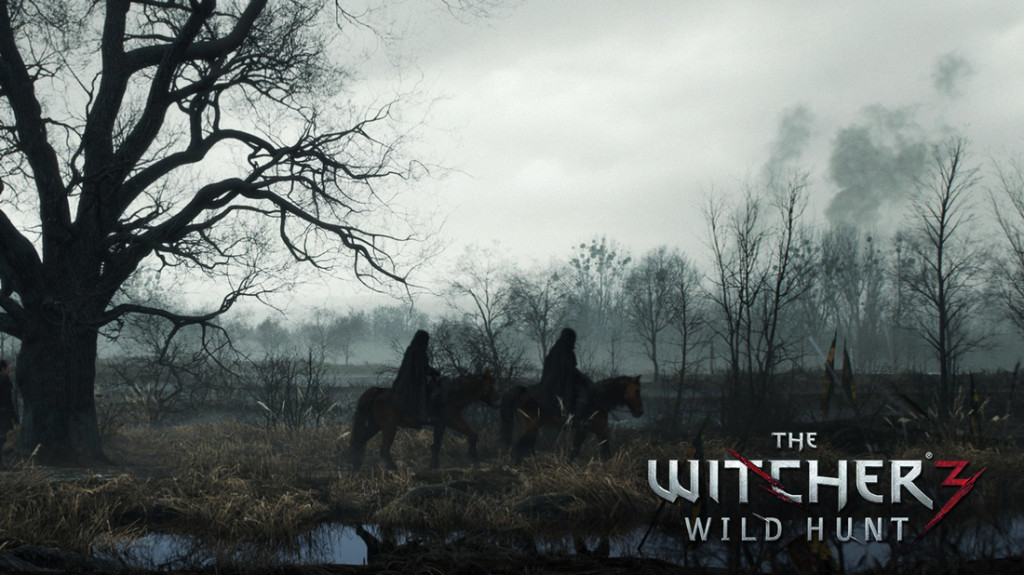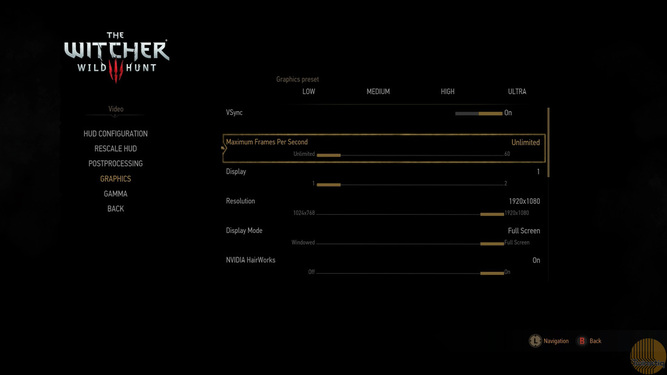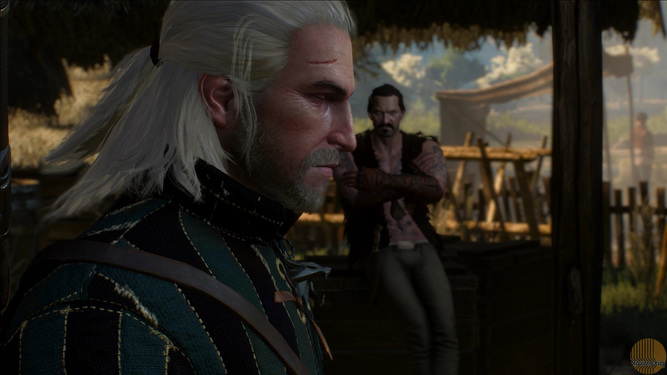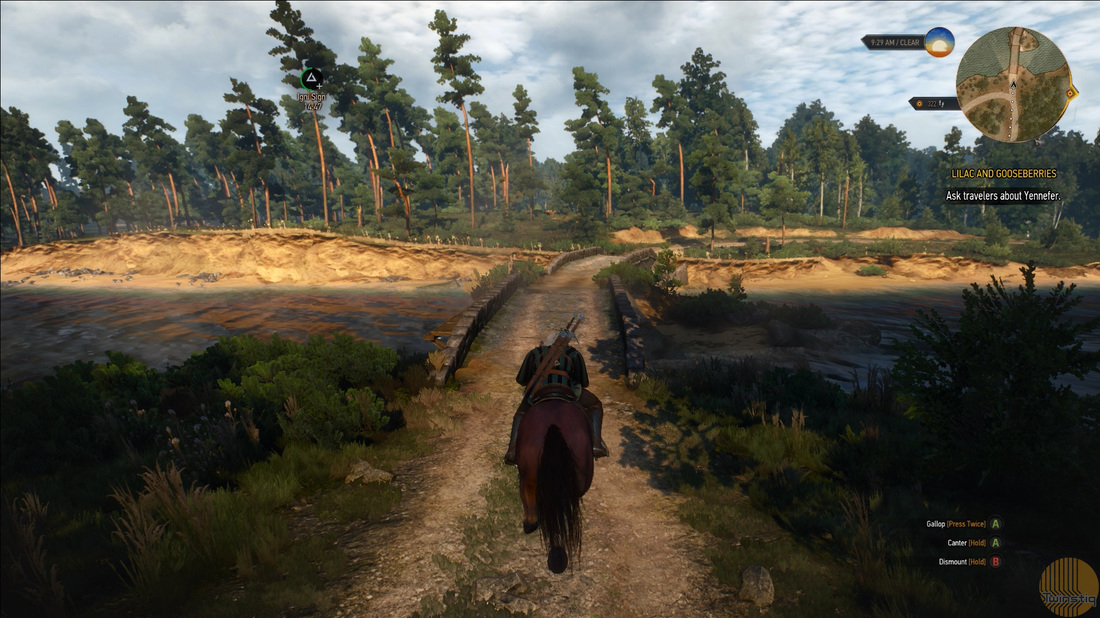This isn’t directly part of my series on why people who comment on reviews have me so baffled, [you can read part one here and part two here] but it does kind of directly follow along from that set of articles. There’s a point in part one where I say the following:
“I am sort of atypical in reviewer-land in that I tend to write reviews based on the games I actually own. In other words, I sit down, look through my library of stuff and decide “hey, I think I’d like to review the following, this week” but not every reviewer works this way and not every publication does things in this manner at all.”
And this is what I’d like to talk about – why I – specifically – only review games I own.
"Free" Copies Of Games Make Me Feel Obligated
As a result of my particular perspective, there’s a whole raft of stuff that happens when someone gifts me a game and says, “I’d like you to review this, please.” The first problem – for me, anyway, is an internal one. Here they are, giving me a gift and they’re asking me to critique the gift. What if I don’t like the gift?
One very important thing I got taught when growing up is: “If someone gives you a gift and you don’t have anything nice to say about the gift then DON’T SAY ANYTHING.” And this – of course – plays into my mindset when people pass on review copies.
So, I feel kind of obligated to say nice things about those games. I expect that I’m not exactly alone, here.
There are all kinds of other weird obligations going on in the background, of course. You have to review the game – usually – before a specific date. And that just makes me feel pressured. As in: now it’s a race to get to some point in the game where I can legitimately talk about it. And that’s not how I want to play games. I want to take my time and see the sights. I want to experiment a little, [if the game allows that] most importantly, though, I want to do the game justice. And – personally – rushing a game experience doesn’t do it justice.
I don’t really want to get mixed up in all that. It just leads to sometimes-terrible things. For example: the publisher of the game loses its mind completely and you get a situation like you did in 2007 with GameSpot where Jeff Gerstmann gave Kane and Lynch: Dead Men a “Fair” rating and the publisher got him fired.
Typically, I want to be able to say what I want to say without fear of reprisal. After all, a review is meant to be honest. If I can’t be honest, what’s the point?
Bias Can Help You, But Not If Something Is Foisted Upon You
But before we talk about that, let’s talk about the kinds of game I really like: I did a lot of game-playing in the 80’s and 90’s. Back then, there weren’t really “shooters” – particularly not on PC. On PC you generally had three broad channels for games. The first big channel was adventure games. Adventure games are typically cerebral challenges where you solve puzzles to get to a specific point. The second big genre was strategy and RPG games [I’m going to lump them together here, briefly, because they were both very mathsy in that era] – generally, here, you took a party/army of people and destroyed some evil. Finally, there were simulation games. Games where you could fly a plane, or a chopper or the like. These had HUGE manuals, because there was a lot going on under the hood. There was no such thing as a “casual simulation game” in the 80’s and 90’s.
My point is: these are all slow games. And I ended up liking those the best. That is: My bias is against twitch gaming. If – for example – Nintendo came along and said – “hey, we’d like you to review the latest Mario game” – I would either have to turn it down or – if I were at a publication where they told you “you must” I would then become obligated to review the game.
And guess what? My bias would lead me to thinking “this is a terrible game” all the time I was playing it. In fact, my bias would do several other things to warp the review: I would be resentful. I would not appreciate my employer foisting the game on me; I would probably get the logo of the publisher up on a dart board and throw darts at it every time I died in the game. In short, I wouldn’t be a happy camper. And you can bet that this will be reflected in my review. Again. It wouldn’t be honest.
So, bias can be helpful, but it can only be helpful if you’re not forced to review something that you don’t like.
What Do I Do?
Do I think everyone should do this? No. But! I do think it is important to disclose that they have a review copy from a given source and that this is what they’re commenting on. [Which – I’m glad to see – some publications are doing.]
As for me? I will continue doing things my way because it makes the “most sense.”






































![Just like with music [but on a scarier, more expensive scale] gaming seems to want to reel from one hit to another, with no pauses or thoughts between. And that's terrible.](http://www.twinstiq.com/uploads/4/7/1/6/47165935/4973658_orig.png)